Alfred Molina interview: ‘I have no problem with playing villains. In fact, it put my two kids through college’
The versatile actor stars in Stephen Poliakoff’s new six-part BBC2 drama, whose setting and subject matter are close to both men’s heart
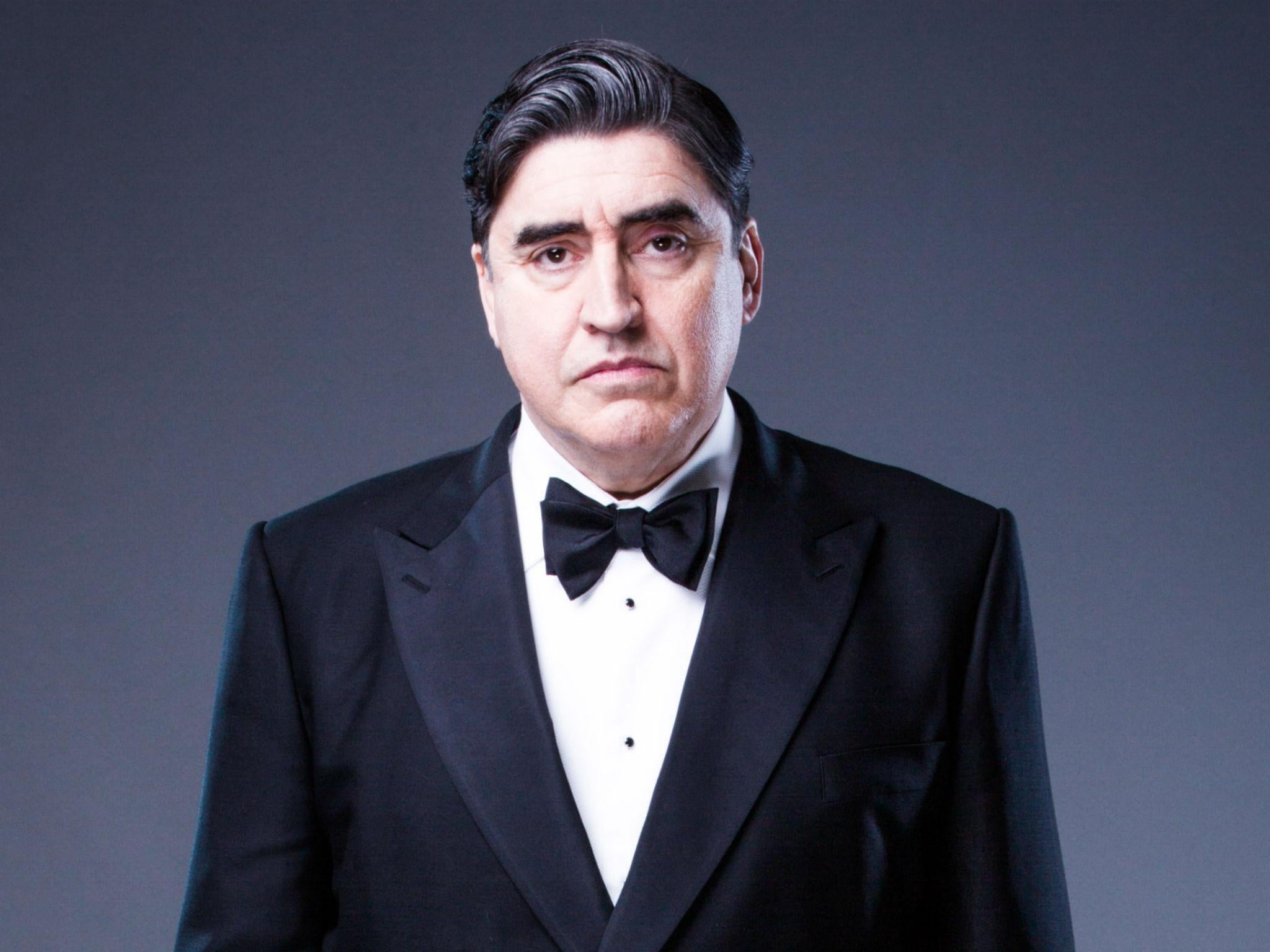
Your support helps us to tell the story
From reproductive rights to climate change to Big Tech, The Independent is on the ground when the story is developing. Whether it's investigating the financials of Elon Musk's pro-Trump PAC or producing our latest documentary, 'The A Word', which shines a light on the American women fighting for reproductive rights, we know how important it is to parse out the facts from the messaging.
At such a critical moment in US history, we need reporters on the ground. Your donation allows us to keep sending journalists to speak to both sides of the story.
The Independent is trusted by Americans across the entire political spectrum. And unlike many other quality news outlets, we choose not to lock Americans out of our reporting and analysis with paywalls. We believe quality journalism should be available to everyone, paid for by those who can afford it.
Your support makes all the difference.Alfred Molina was delighted to be cast as a posh, yet enigmatic hotel guest called Harold in Close to the Enemy, Stephen Poliakoff’s epic new BBC2 drama about the desperate, traumatised guests in a bombed-out London hotel just after the Second World War.
“I was very flattered that Stephen should think of me as an upper-class Brit, 25 years to the day after a BBC executive told me I was too ethnic ever to play Brits!” laughs Molina, who was born to Spanish and Italian parents in Paddington.
The actor, who has also enjoyed a distinguished Hollywood career in movies such as Raiders of the Lost Ark, Maverick, Boogie Nights, Spider-Man 2, Chocolat and The Da Vinci Code, goes on to explain how he “found” his character in Close to the Enemy. “When I was approaching the part of Harold, I kept thinking of Sir Humphrey, Nigel Hawthorne’s brilliant performance as a civil servant in Yes, Minister, someone who never quite says what he means. There always seems to be an ambivalence about him, although he is always able to answer any questions.”
Molina, 63, expands on that. “Whereas Sir Humphrey was comic, Harold has a darker and more tragic side. He goes through the story almost like a ghost. He is constantly popping up in other people’s lives, either as a help or a hindrance.
“You soon realise he has the most enormous tragic past. Other characters refer to him as a ‘man of mystery’ and ask if he is for real. He has an intriguing effect on the other characters. It’s like filling a kitchen with the most beautiful smells and then refusing to tell anyone what you’re cooking.”
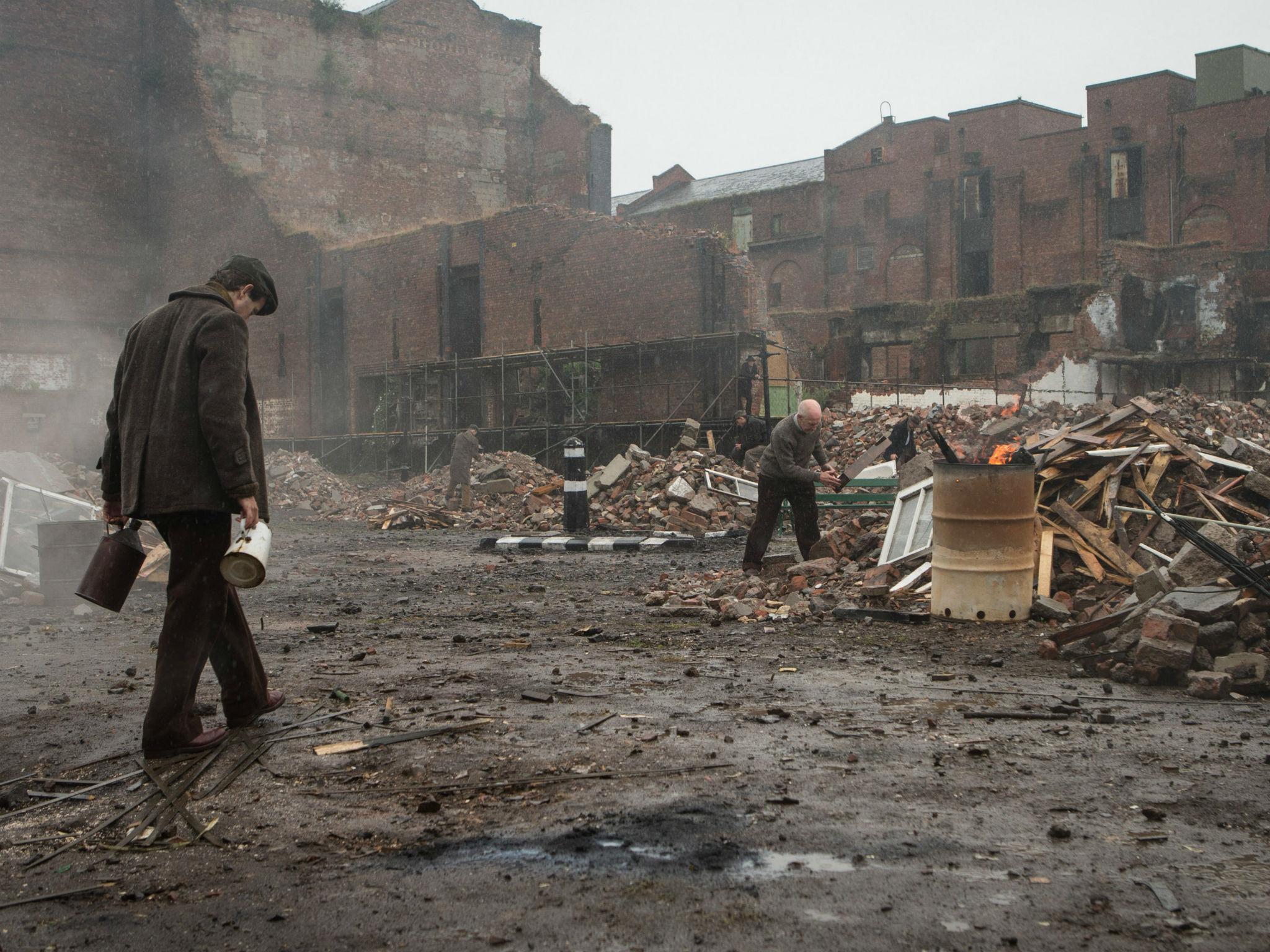
Molina, who lives in Los Angeles, continues that Harold is cut off from the other characters in Close to the Enemy. “He represents the old guard. Emotionally, culturally and politically, the war has left him in a place where he exists in a very different world and he feels completely out of place. His story is about rationalising and coming to terms with that.”
All the characters in Close to the Enemy are attempting to come to terms with what happened to them during the war. The six-part series, which starts tonight on BBC2 at 9pm, centres on Captain Callum Ferguson (played by Jim Sturgess, One Day), a war veteran and intelligence officer.
His post-war mission is to interrogate a German scientist called Dieter (August Diehl, Inglourious Basterds), who is being held captive with his daughter in the hotel. Callum tries to persuade Dieter to reveal Nazi scientific secrets that will help the Allies develop a jet engine to fight the Soviet Union in the dawning Cold War.
At the same time, there is a competing strain in British society, represented here by Kathy (Phoebe Fox, Woman in Black 2), a tenacious woman working for the War Crimes Unit. She is resolved to bring to justice the Nazi war criminals who have hitherto evaded prosecution.
Molina makes for terrific company. He boasts a quick sense of humour, emphasising at one point that he has no issues with being cast as the bad guy in American movies: “It’s all about the quality of the writing. Eventually it always boils down to that. I have no problem with playing villains. In fact, it put my two kids through college!”
Poliakoff, previously responsible for such acclaimed dramas as Shooting the Past, The Lost Prince and Perfect Strangers, is that rarity: a true auteur, free to write and direct his pieces without any executive interference.
Molina reflects on what makes Poliakoff such an unusual talent. “He is one of the best TV directors I’ve ever worked with. He’s got a superb eye and great taste. He is also a wonderful writer. There’s something very economical about his writing. The way he structures language is very precise.
“It sounds like real talk. On the page, the dialogue looks complicated and repetitive, but it is actually very reflective of the way we all talk in real life. We all repeat ourselves and stumble over words.
“In one scene, Harold’s describing a factual event and he repeats himself three times in one speech. That’s how we all talk. If you said to me, ‘Talk to me about your kids’, that’s how I would talk. Stephen’s also not afraid of comedy or throwing a laugh into the middle of a serious scene. It’s very classy writing. For an actor, it’s like gold dust.”
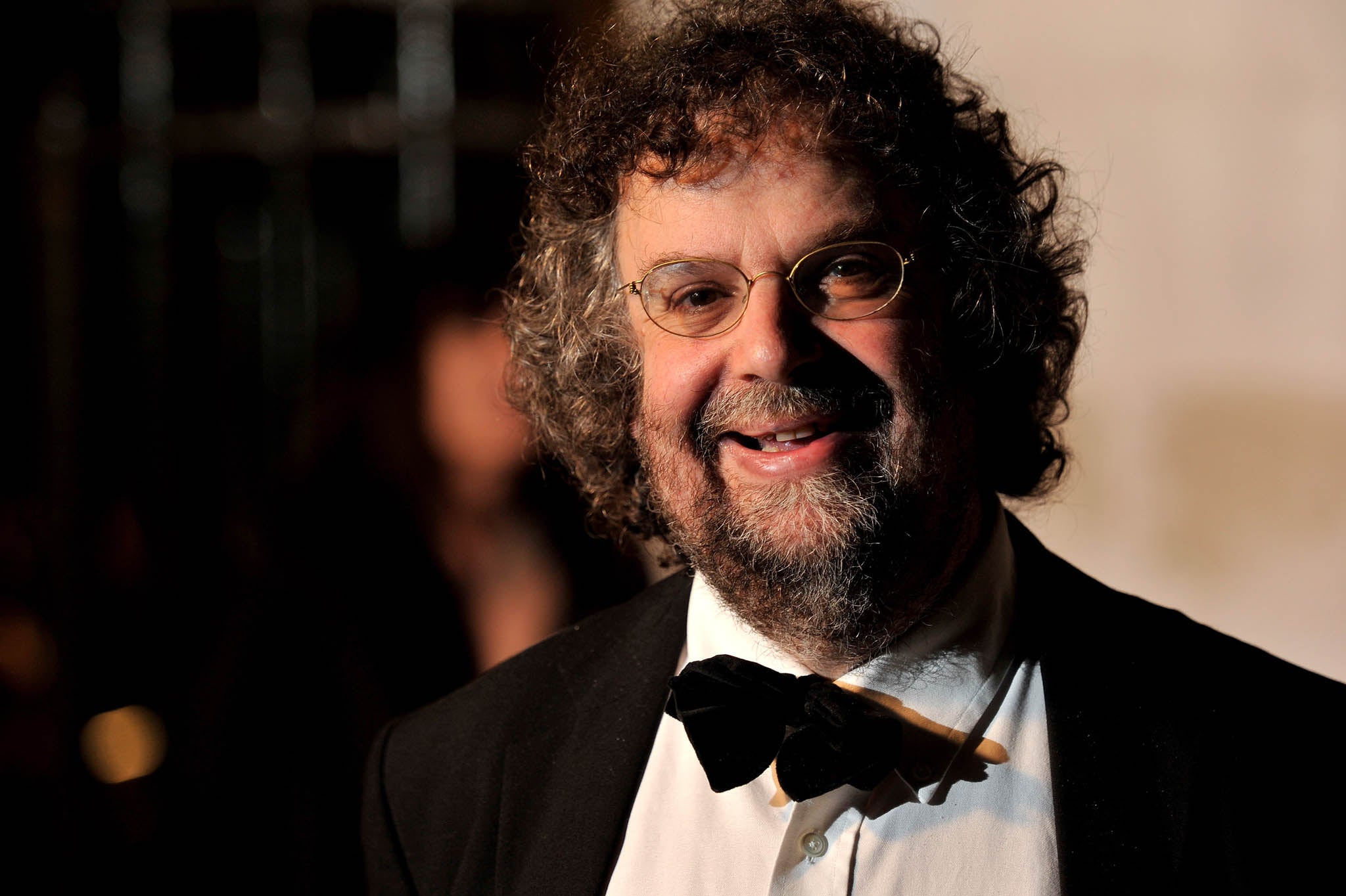
Poliakoff explains where the premise for Close to the Enemy originated. “The germ of it came when I was finding out about all these Nazis being grabbed literally off the street on an industrial scale by the Allies at the end of the war. I had an idea of balancing that against someone on the other side of that dramatic equation who wanted to pursue those guilty of war crimes and made to feel low priority, but still persisting with the quest. I thought that dramatically that was a very interesting equation.”
The Bafta and Emmy Award-winning writer-director goes on to underscore the significance of the character of Callum in Close to the Enemy, which also stars Freddie Highmore (Bates Motel), Charlotte Riley (Peaky Blinders), Alfie Allen (Game Of Thrones), Angela Bassett (American Horror Story) and Lindsay Duncan (Birdman). “Callum is at the centre of it all. I wanted to show someone who is very bright and yet full of fragility. We see him having nightmares from his time fighting in Normandy.
“That was such a factor back then. So many people had seen things they never thought they would see. There was also a general sense of fury about being so unprepared for the war, so that Dunkirk and other disasters took place. Callum says we must never be caught out again like we were in the war. He is well aware of the huge missed opportunities which ended in devastated cities. He is fuelled by that.”
The moral dichotomy at the heart of Close to the Enemy – should we hold our noses and ally ourselves with people who until recently were our foes, in order to combat a greater evil? – continues to have relevance today.
Poliakoff muses that “we’re always faced with these questions. For instance, at the moment in the Middle East, how much do you side with unsavoury people? Two years ago we were about to bomb President Assad in Syria. Now we’re in a sort of alliance with him against so-called Isis.
“Those dilemmas constantly arise in the modern world. The Peace and Reconciliation Commission in South Africa was very mature. But after the war, thousands of people who had committed terrible crimes were brought over and allowed to have a new life and help the Americans and Russians. I’m always interested in those sorts of choices.”
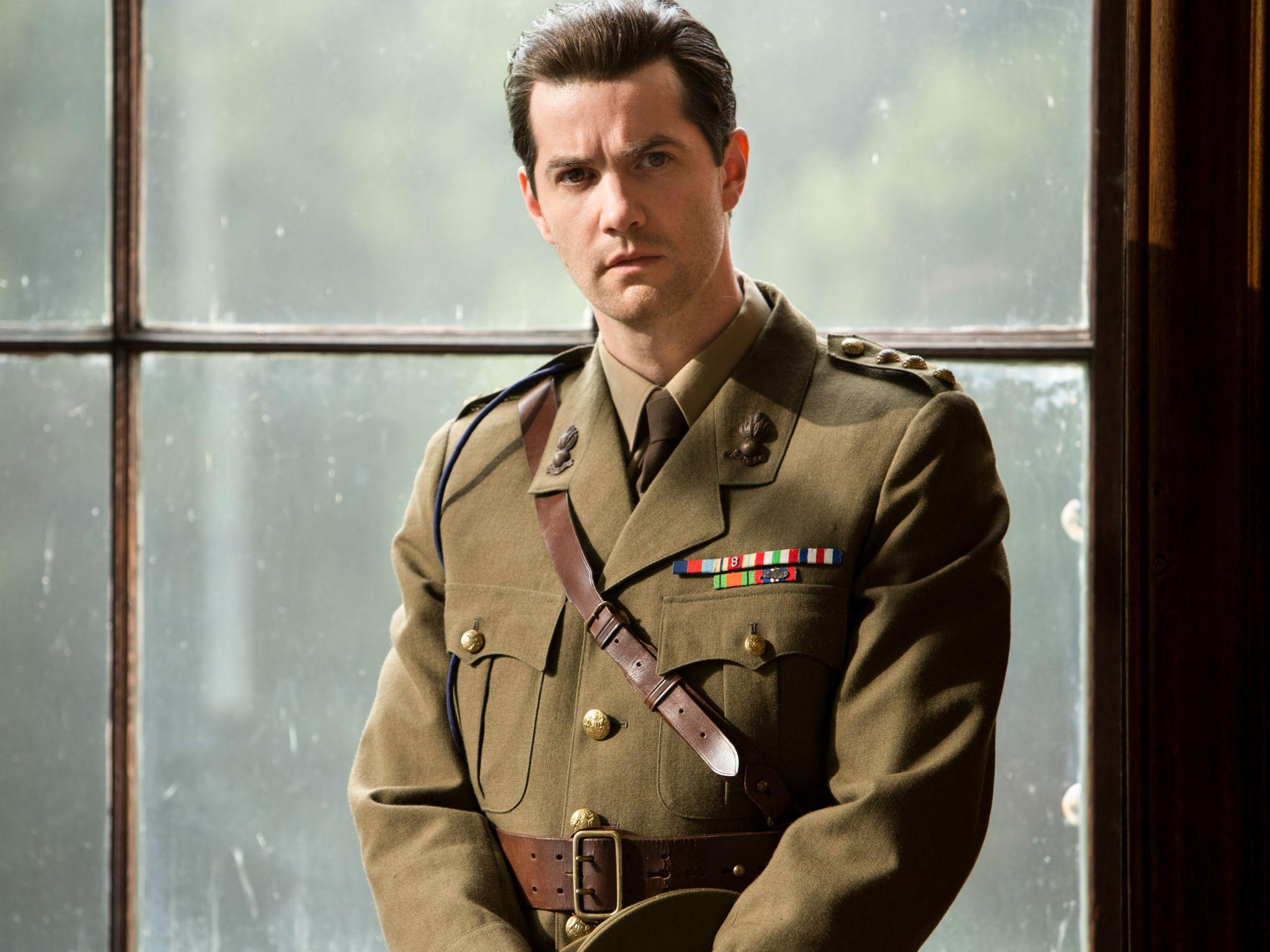
1946 is an excellent year to site a drama because it portrays a world in total flux and still riven with conflict. “What’s interesting about 1946, as opposed to 1945, is that a lot of people in Britain felt they had actually lost the war,” says Molina. They were having to deal with austerity, poverty and a shift in world power.
“That moment of elation at the end of hostilities had passed. We’re so used to those images of celebrations and the idea that the Brits can take it. But the truth is that for the first few years after the war Britain was in desperate trouble. It’s a period rich with story possibilities, and that’s why Stephen chose it.”
Molina proceeds to observe that we are still absorbed by that time. “Our fascination with that period stems from understanding how precarious victory was. The effects of the war carried on for decades. I was born in 1953, and I remember huge areas of London being bombed out. The echoes of war were still very much around.
“It’s quite understandable that there is an enduring interest in what that generation went through. Our dads and grandads were involved in that war. For any nation which goes through a war like that, there will always be a collective memory. We’re always been fascinated by the ‘what if?’”
Poliakoff concurs. “My mum said that the war was terrifying and that she was scared throughout. So you come out of that and think, ‘What was all that for?’ Life after the war was very, very tough.
“We were completely broke, and the rationing was even tougher than it was during the war. It’s difficult to believe, but bread was not rationed in the war. Then the two coldest winters of the century hit when Britons were really up against it in terms of feeling good about life. The hotel is an expression of all that.”
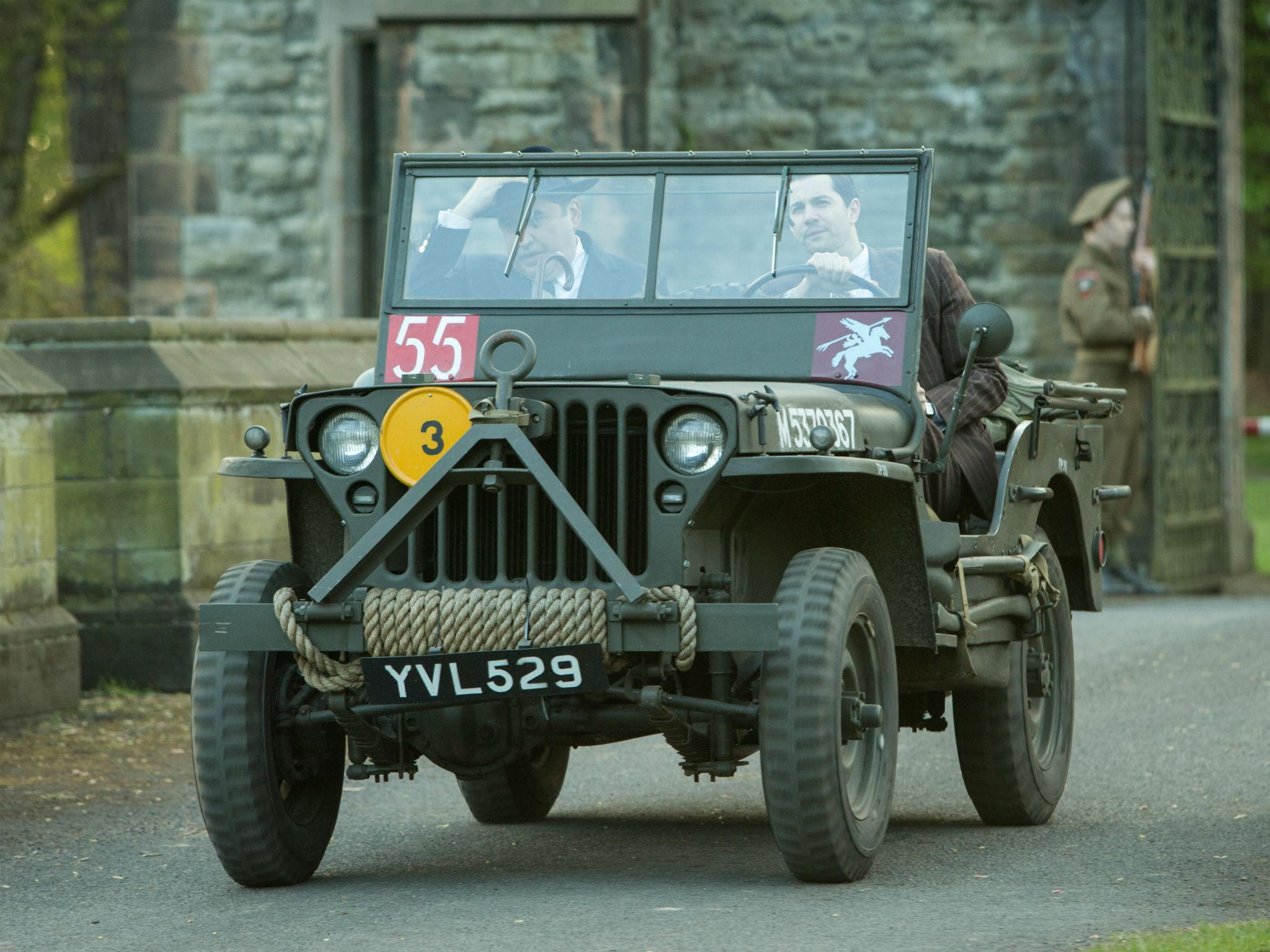
The writer-director goes on to flesh out why he is still drawn to the Second World War as a subject. “I had very elderly parents who were both born before the First World War. They were in their twenties in the build-up to the Second World War. My father was a great storyteller, and when he told me about that period, it was like I was there. As a Jew, it is fascinating.
“How did the biggest catastrophe of the 20th century happen? Were the British pivotal in allowing it to happen? These things are perennially fascinating. It is only by the tiniest shred of luck that I am here at all. As a Jewish aristocrat, my mum would have been one of the first into the gas chambers. That does haunt me.”
For all that, Poliakoff is quick to point out that Close to the Enemy is not designed to be didactic. “It’s the opposite of a history lesson. It’s not making a point. All I’m doing is telling the best story I can to reveal the world at a very interesting moment.
“It was a time when people were forced to make very tough decisions. The drama encourages people to think, ‘What would I have done?’ You don’t need to be interested in history to be intrigued by that.”
Molina concludes by underlining how much he relished contributing to this fascinating snapshot of a fascinating period in our history. “I loved working with Stephen. I’d work with him again in a heartbeat.
“I told him I’d come back to his next project and just lurk in a doorway!”
Close to the Enemy begins at 9pm on BBC2 tonight
Join our commenting forum
Join thought-provoking conversations, follow other Independent readers and see their replies
Comments